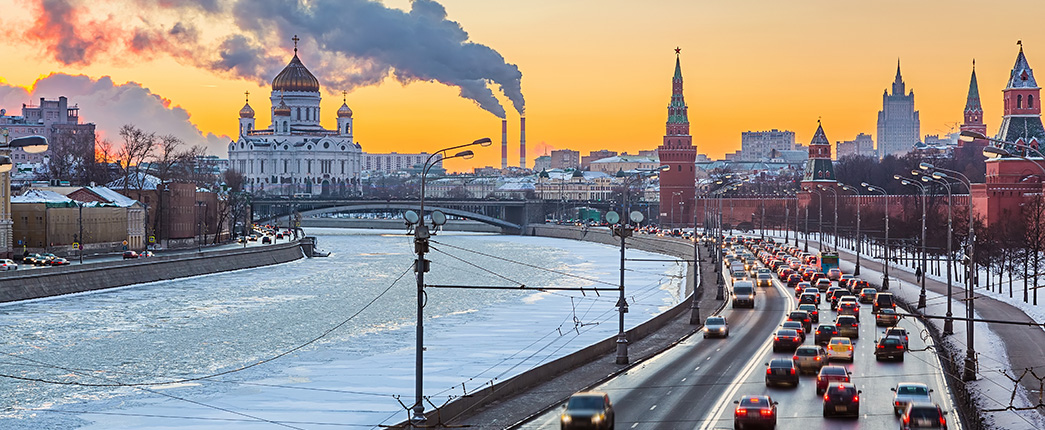
Lubes’n’Greases Exclusive by Boris Kamchev
Russian drivers have so far eschewed e-mobility in favor of conventional engines to transport them along potholed highways during the cold Russian winter.
The electric vehicle market has grown rapidly in recent years in the West and China, even after global auto sales took a battering this year from the pandemic. Most bets are still on a combination of battery EVs, plug-in hybrids and fuel-cell vehicles making up the future transport mix, alongside conventional engine vehicles.
The fleet of EVs globally grew to almost 10.5 million in 2020 from fewer that 20,000 10 years ago. This trend is likely to continue in that direction passing 30 million by 2030, according to Deloitte.
The consensus is that as the share of alternative and zero-emissions vehicles increases in the global automotive market, they will start to eat into demand for petroleum products, including lubricants.
Between China in the East and Europe and North America in the West is Russia, a hold-out against vehicle electrification with a 52-million unit vehicle parc and 11.5 million barrels per day of domestic crude production. Russia is vast and there is insufficient investment in conventional transport infrastructure, let alone EV charging stations.
Compared with the total fleet, electric cars make up a tiny fraction, numbering 6,300 registered units, according to Autostat, a Moscow-based automotive consultancy.
The number of new EV registrations is unlikely to grow significantly in the coming years either, as range anxiety and severe climate limits growth. This has afforded Russian lubricant manufacturers a blasé attitude compared with their Western competitors. LLK International, the lubricant division of Russian oil major Lukoil, said its businesses is not threatened by EVs.
LLK does brisk business in synthetic motor oils for the latest fuel efficient engine technologies. The company recently started to supply an SAE 0W-20 as a factory fill for a number of Volkswagen assembly plants in Europe and Russia.
“One important driver for the changes occurring in the lubricant market is development of environmentally friendly technologies in engine manufacturing. These technologies push very hard toward creation of high-tier, low-viscosity oils that shift the limits of internal engine loadings,” Kirill Vereta, head of LLK International, told Lubes’n’Greases.
Since the Russian passenger vehicle parc is almost completely powered by conventional fuels, original equipment manufacturer recommendations in the latest passenger and commercial vehicle models are API SN 0W-20, SN 0W-16 or even lower viscosity grades, Vereta said.

Sorry, a technical error occurred and we were unable to log you into your account. We have emailed the problem to our team, and they are looking into the matter. You can reach us at cs@lubesngreases.com.
Click here link to homepage